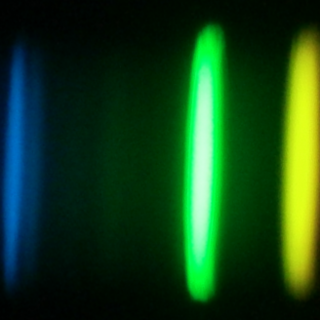Bibcode
Still, Martin; Greiss, Sandra; Gänsicke, Boris; Antoci, Victoria; Garcia-Alvarez, D.; Brooks, Adam; Ramsay, G.; Hakala, Pasi; Barclay, Thomas; Reynolds, Mark; Steeghs, Danny
Bibliographical reference
Monthly Notices of the Royal Astronomical Society, Volume 437, Issue 1, p.132-146
Advertised on:
1
2014
Citations
22
Refereed citations
18
Description
We outline the purpose, strategy and first results of a deep,
high-cadence, photometric survey of the Kepler field using the Isaac
Newton Telescope on La Palma and the MDM 1.3 m Telescope on Kitt Peak.
Our goal was to identify sources located in the Kepler field of view
which are variable on a time-scale of a few minutes to 1 h. The
astrophysically most-interesting sources would then have been candidates
for observation using Kepler using 1 min sampling. Our survey covered
˜42 per cent of the Kepler field of view, and we have obtained
light curves for 7.1 × 105 objects in the range 13 <
g < 20. We have discovered more than 100 variable sources which have
passed our two stage identification process. As a service to the wider
community, we make our data products and cleaned CCD images available to
download. We obtained Kepler data of 18 sources which we found to be
variable using our survey, and we give an overview of the currently
available data here. These sources include a pulsating DA white dwarf,
11 δ Sct stars which have dominant pulsation periods in the range
24 min to 2.35 h, three contact binaries, and a cataclysmic variable
(V363 Lyr). One of the δ Sct stars is in a contact binary.
Related projects

Chemical Abundances in Stars
Stellar spectroscopy allows us to determine the properties and chemical compositions of stars. From this information for stars of different ages in the Milky Way, it is possible to reconstruct the chemical evolution of the Galaxy, as well as the origin of the elements heavier than boron, created mainly in stellar interiors. It is also possible to
Carlos
Allende Prieto